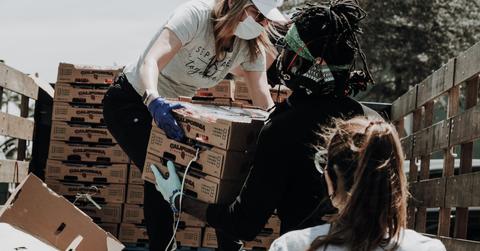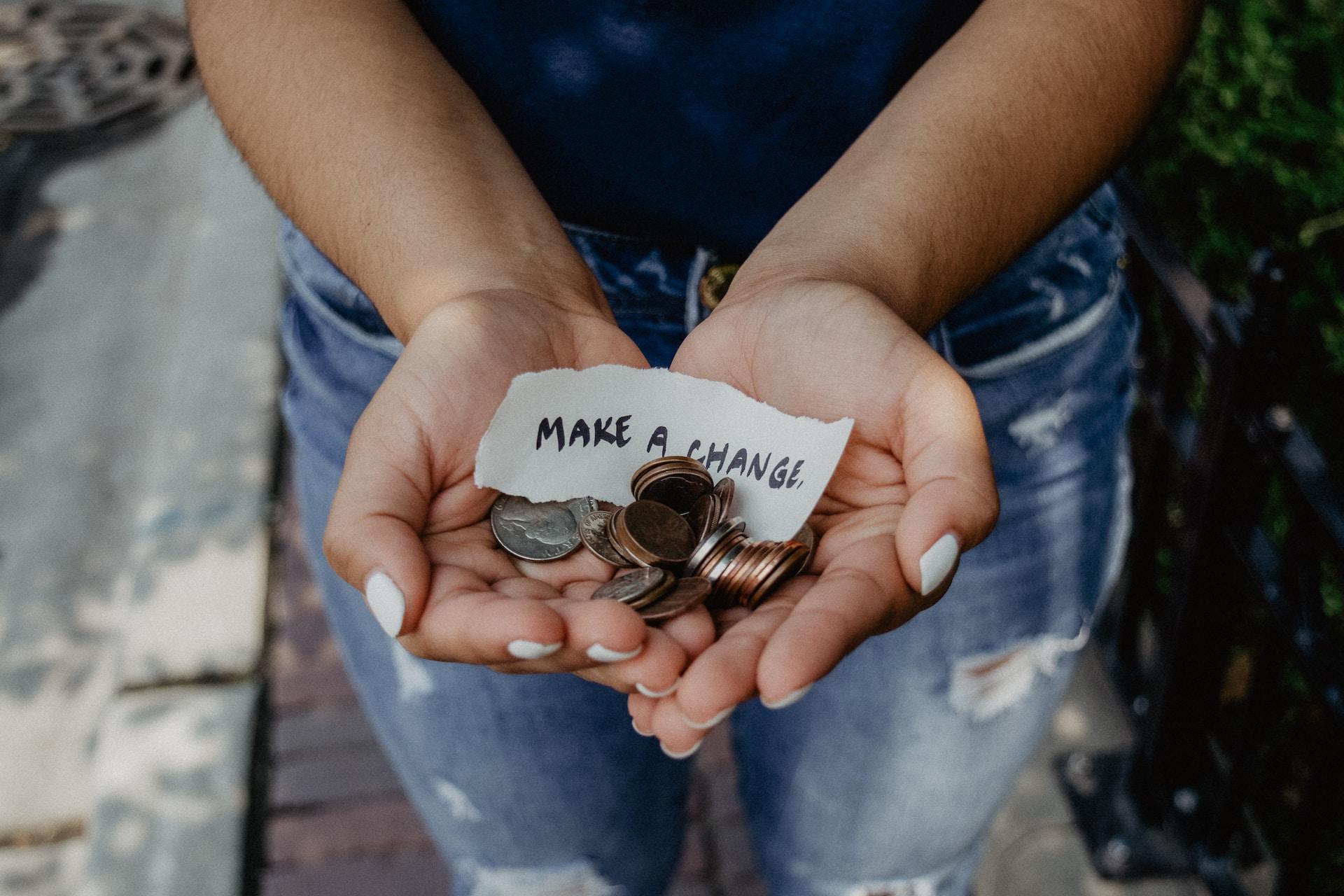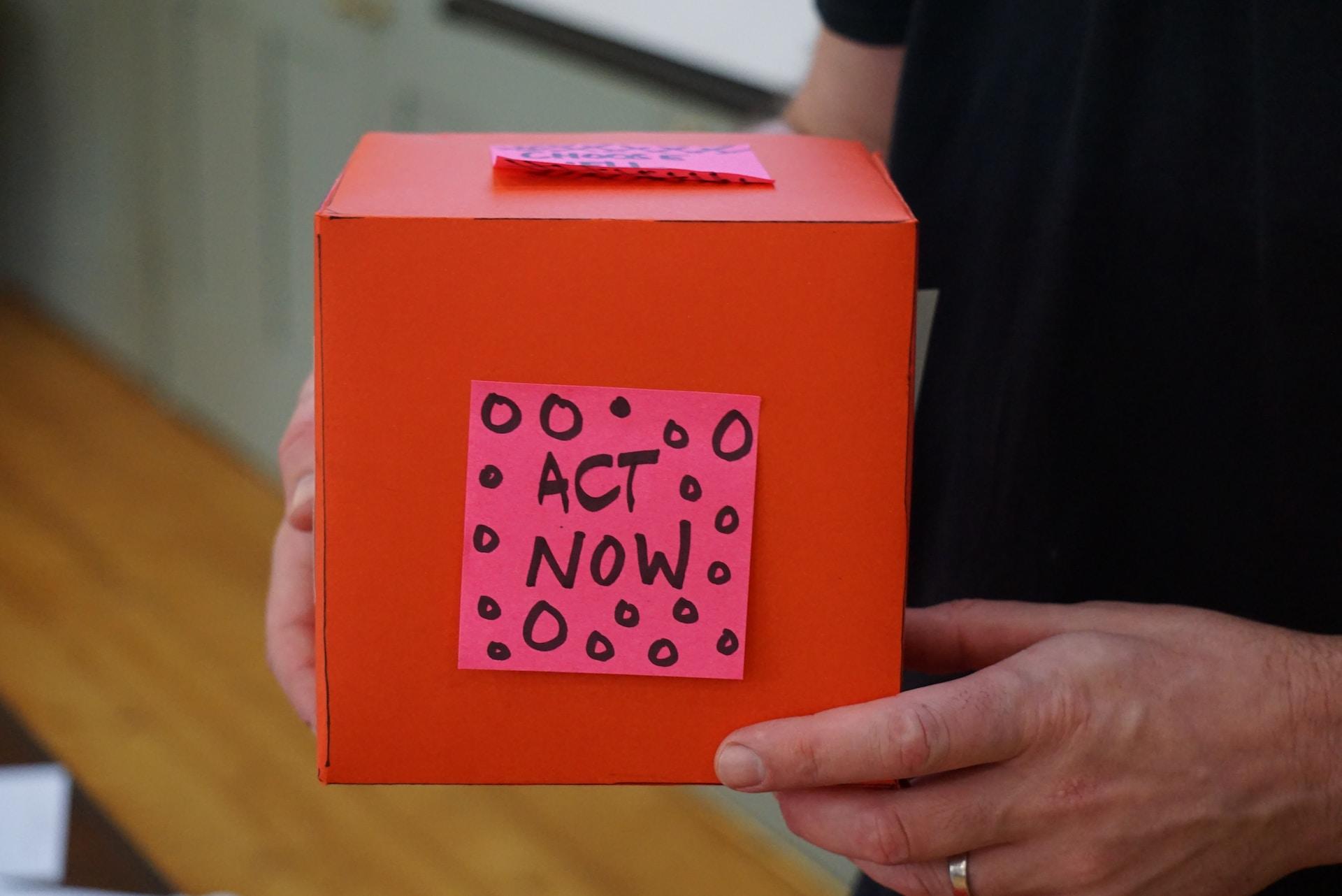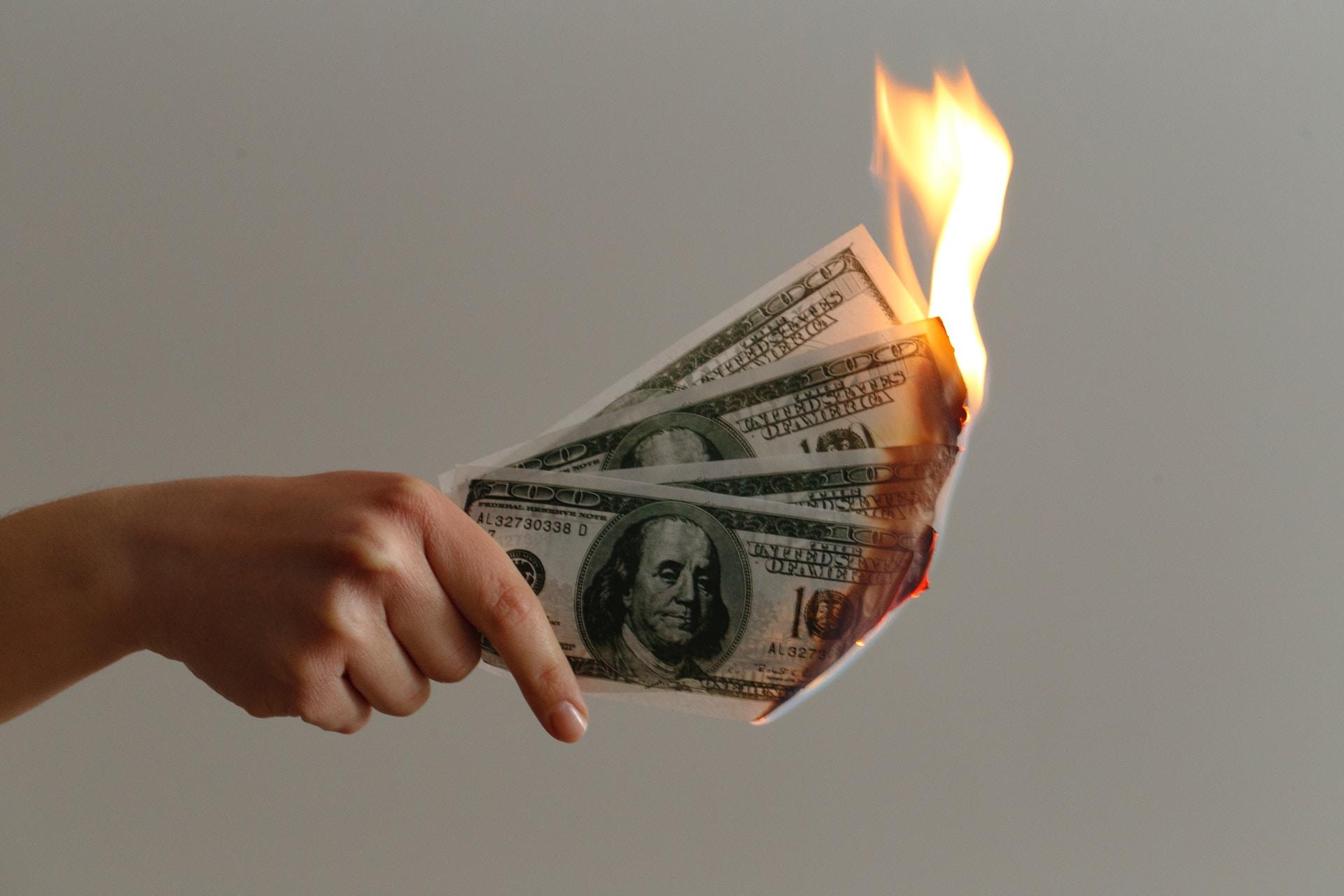Charity Scams Do Exist — Here's How to Avoid Them
Fraudulent charities aren't always on peoples' radars when it comes to scams. Here's what to know about charity scams and how to avoid them.
April 17 2023, Updated 10:39 a.m. ET
Usually, charities focus on giving back to those in need. They have resources that can help to the less fortunate. Whether a charity is funding a certain objective, taking goods or monetary donations to support a larger cause, or something in-between, a charity is often looked at through the lens of goodwill. Selflessness has often been associated with charity regardless of its cause, and people like to put faith in others who want to make a change.
Optimism aside, there's the reality that some do take advantage of charity fundraising with their own selfishness. Fraudulent charities are an unsuspected way of being scammed by those who are spineless enough to mislead others out of their money for the wrong reasons. It's possible that the charity you just donated to isn't even a charity at all, but a well-disguised way of someone running an elaborate scam.
Keep reading to learn how to avoid charity scams.
What are the biggest charity scams?
When looking at the best ways how to avoid charity scams, a bit of research is involved. You want to believe that all charities are fulfilling their promise of giving back to those who are most in need of the charity's support, though that may not always be the case. There are notorious organizations and "charities" out there that have been well-known for their scamming practices, and testimonials warn others to stay away from them.
While Americans donate billions of dollars per year toward causes or charities they may resonate with, not all of them are honest about their mission. The Associated Community Services called billions of Americans around the nation when asking for donations to support homeless veterans, cancer patients, autistic children, and so on. The FTC revealed that only eight people received any assistance while the scam harvested $110 million.
It was reported that following 9/11 and Hurricane Katrina, thousands of scams masquerading as charities flooded the internet. Kids Wish Network, Children's Wish Foundation International, Firefighters Charitable Foundation, Cancer Fund of America, International Union of Police Associations, AFL-CIO, American Breast Cancer Foundation, and the National Veterans Service Fund have been listed by name as some of the worst charities in America.
How do you ensure that a charity is legit?
If you think you're doing the right thing by donating to charity but may still be skeptical about if the foundation is completely trustworthy or not, your apprehension is completely valid. There are resources such as Charity Navigator, Charity Watch, and the Better Business Bureau's Wise Giving Alliance that are in place to help guide you and make the most informed decision about your charities of choice. You can take your investigation one step further by conducting your own research.
Pay attention to the charity's web address and social media profiles. They should have a legit webpage with resources, contact information, and other indicators that they're a real organization. The IRS provides a database of charities that shows you their registration status and informs you about any tax deductions you're able to file for your donation. You can also look into charity reviews, testimonials, and other peoples' experiences with the charity to gauge its authenticity.
What should you do if you fall for a charity scam?
If you've happened to fall for a charity scam, you're not alone. The FBI recommends you contact your state consumer protection office to get the next steps on how you should proceed. They'll address your situation and take the necessary action depending on your circumstances. The FBI also suggests that you report any form of charity fraud through their official tip line so that they may further look into the "charity" on a more thorough level. You should also contact the FTC.
If you're able to, contact your bank, credit union, or other financial institution to explain your situation and see if there's any way you're able to recover your donation if you've given any money. If you've donated tangible goods instead, you may not be able to get them back, but you can always speak up about the scam online and warn others.




